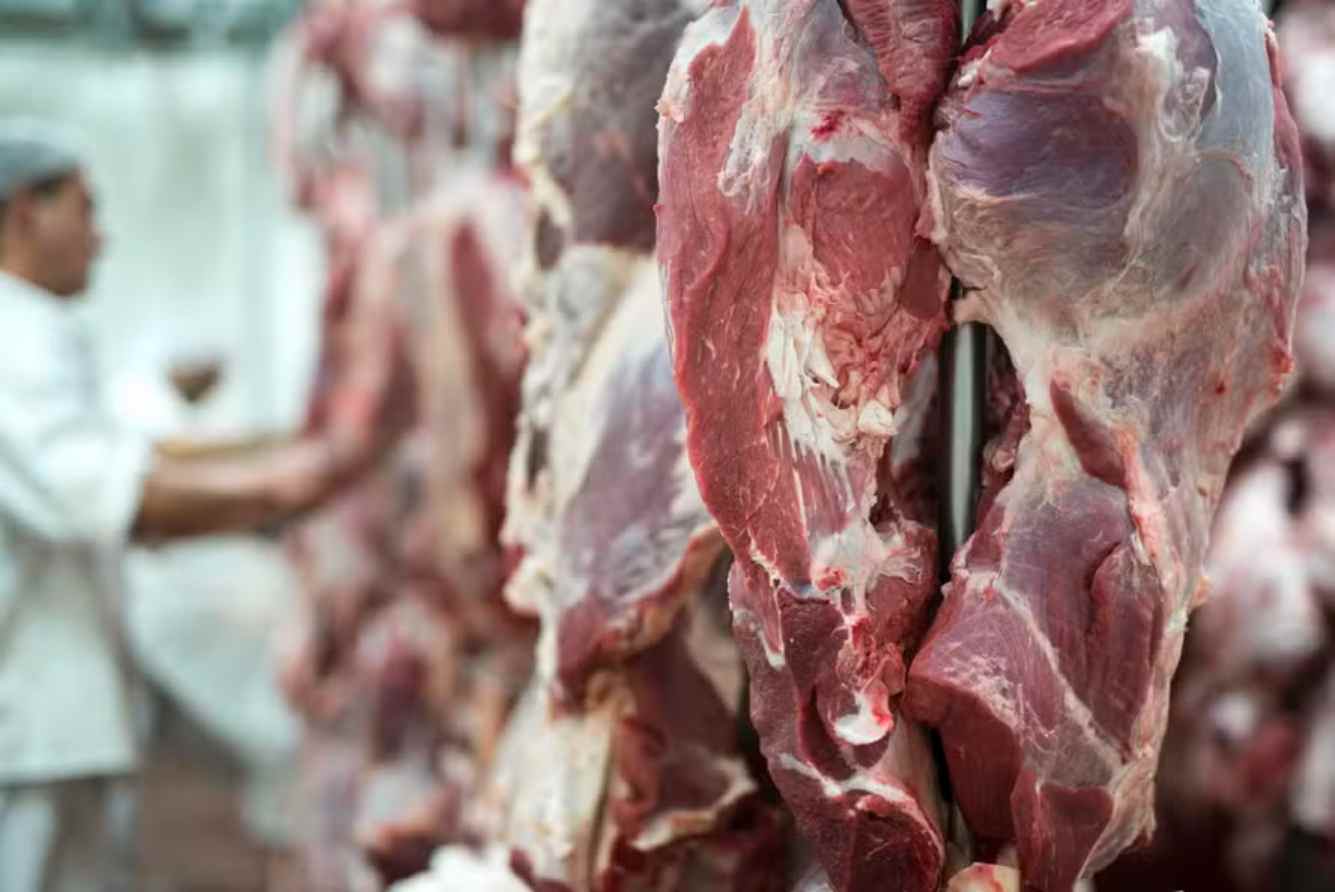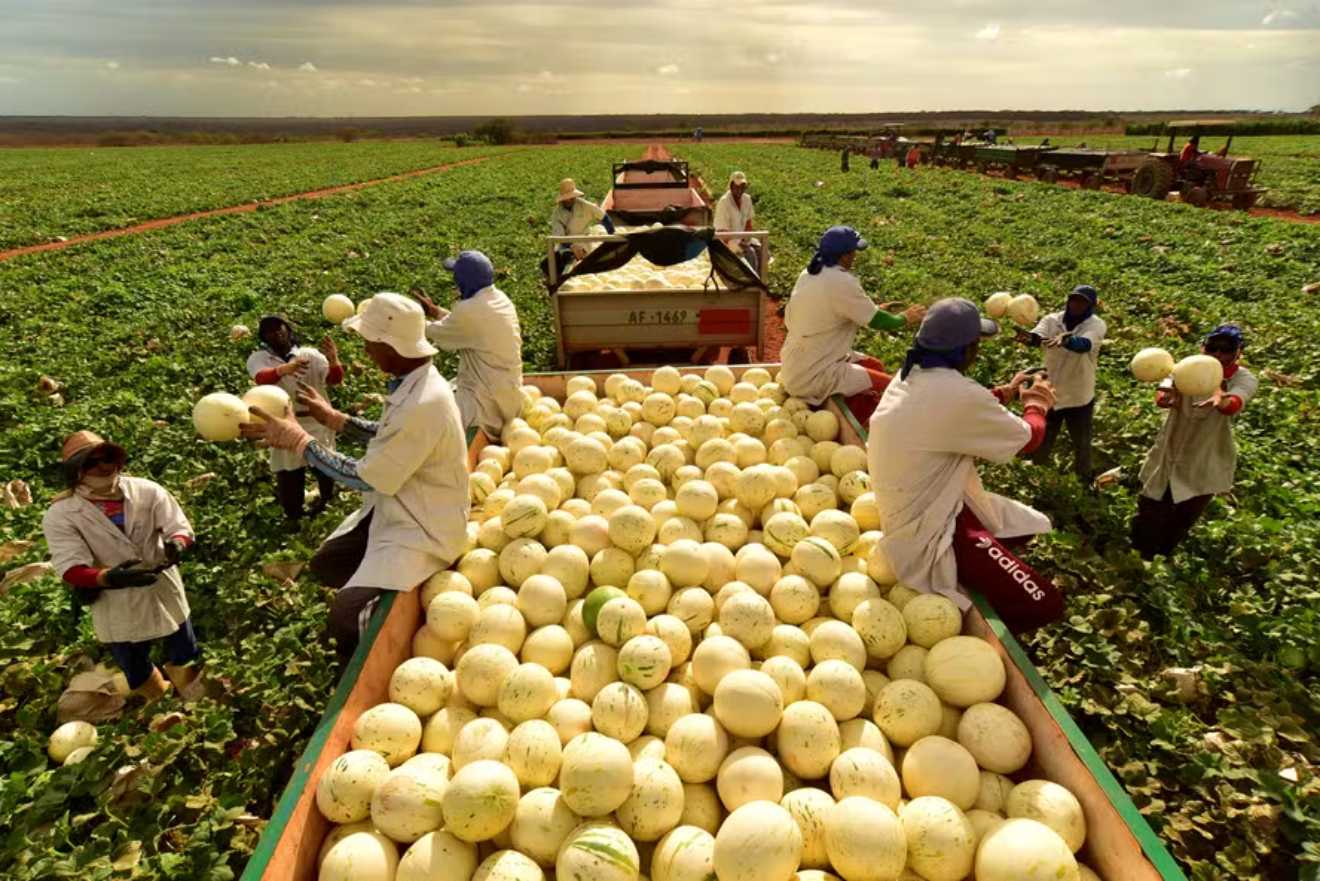The Brazilian meat industry is developing a pilot project focused on traceability and supply chain monitoring to meet the European Union’s (EU) new environmental requirements for beef exports. The goal is to ensure compliance for animals already on farms authorized to export to the EU.
Currently, Brazil follows specific traceability protocols to export beef to the EU. The Sisbov system requires individual identification and monitoring of cattle at least 90 days before slaughter, with animals kept on authorized properties for 40 days prior to being sent to processing plants. However, the EU Deforestation Regulation (EUDR)—originally set to take effect on December 30, 2024, though a delay is expected—requires full traceability from the animal’s birth.
Abiec, the Brazilian Beef Exporting Industries Association, is proposing that cattle acquired for fattening on authorized properties, provided they are no older than 13 months, be considered compliant for export. This is because, typically, animals of that age only pass through one farm before reaching the fattening stage.
“This is not a complete solution, as we won’t achieve this across 100% of the properties. However, with support from certifying bodies already involved in the process, we can trace back using Animal Transit Guides (GTA) to verify if the animal’s previous farm also meets deforestation requirements,” said Danielle Schneider, Abiec’s traceability coordinator, at an event on cattle traceability organized by Imaflora in Cuiabá last week.
The aim, Schneider explained, is to “rescue” as much of the current stock of animals being fattened on authorized farms for export. Abiec estimates that Brazil has 1,200 properties certified to export cattle to the EU, holding a total of 6 million animals. “This doesn’t mean these animals are ready for slaughter; they are simply registered in the Sisbov database. We don’t have age information for these animals,” she clarified.
According to Schneider, discussions are underway with the Confederation of Agriculture and Livestock of Brazil (CNA) and European certifying bodies to implement the pilot program in 2025, in case the new law’s enforcement is postponed.
The postponement, proposed by the European Commission, is considered likely. During the Salon International de l’Agroalimentaire (Sial) in Paris, a senior source told Valor that the Commission’s recommendation to delay enforcement is a strong indication that the European Parliament will approve it.
Data from Serasa Experian, shared at the Cuiabá event, revealed that around 5% of the farms currently authorized to export to the EU would not comply with the new law, based on whether deforestation occurred after December 2020. The assessment did not take traceability into account.
The average weaning age for calves in Brazil is about seven months, according to Abiec. Certification data also shows that most animals registered for export to the EU are no older than 13 months. “With this information, we can assure the EU that throughout the animal’s life, it has only passed through two farms, both environmentally vetted for compliance,” Schneider concluded.





